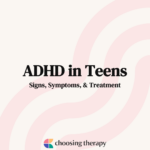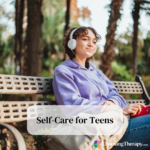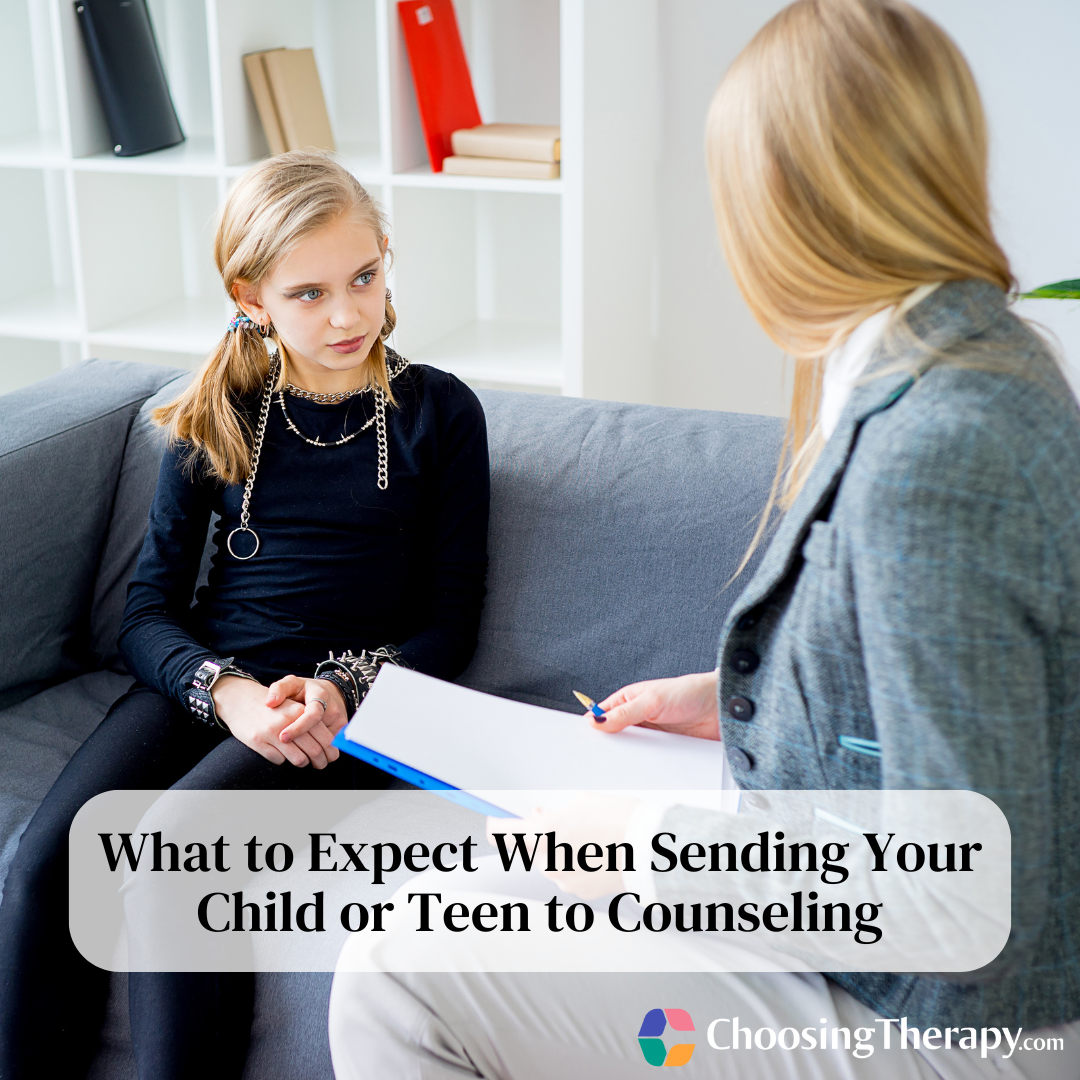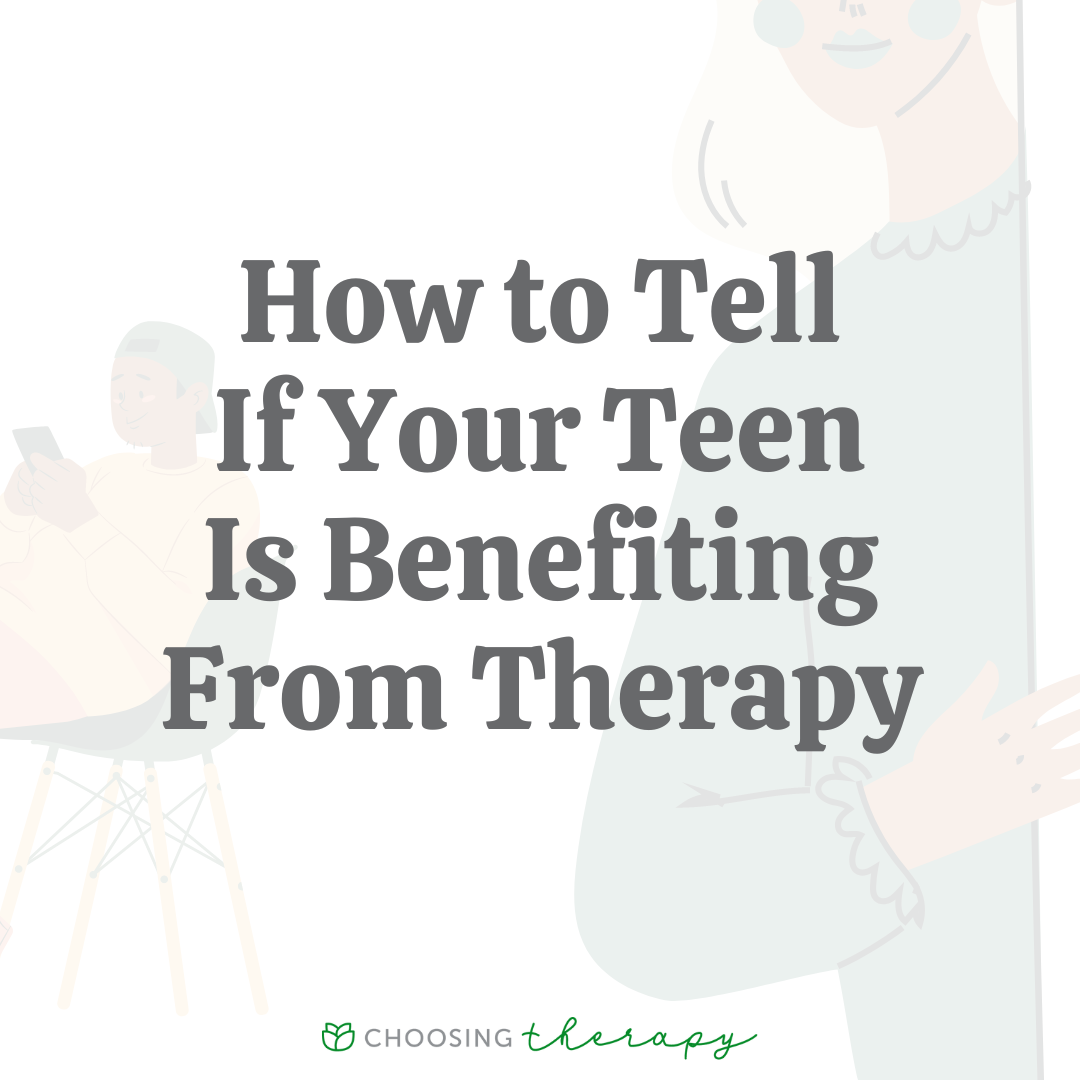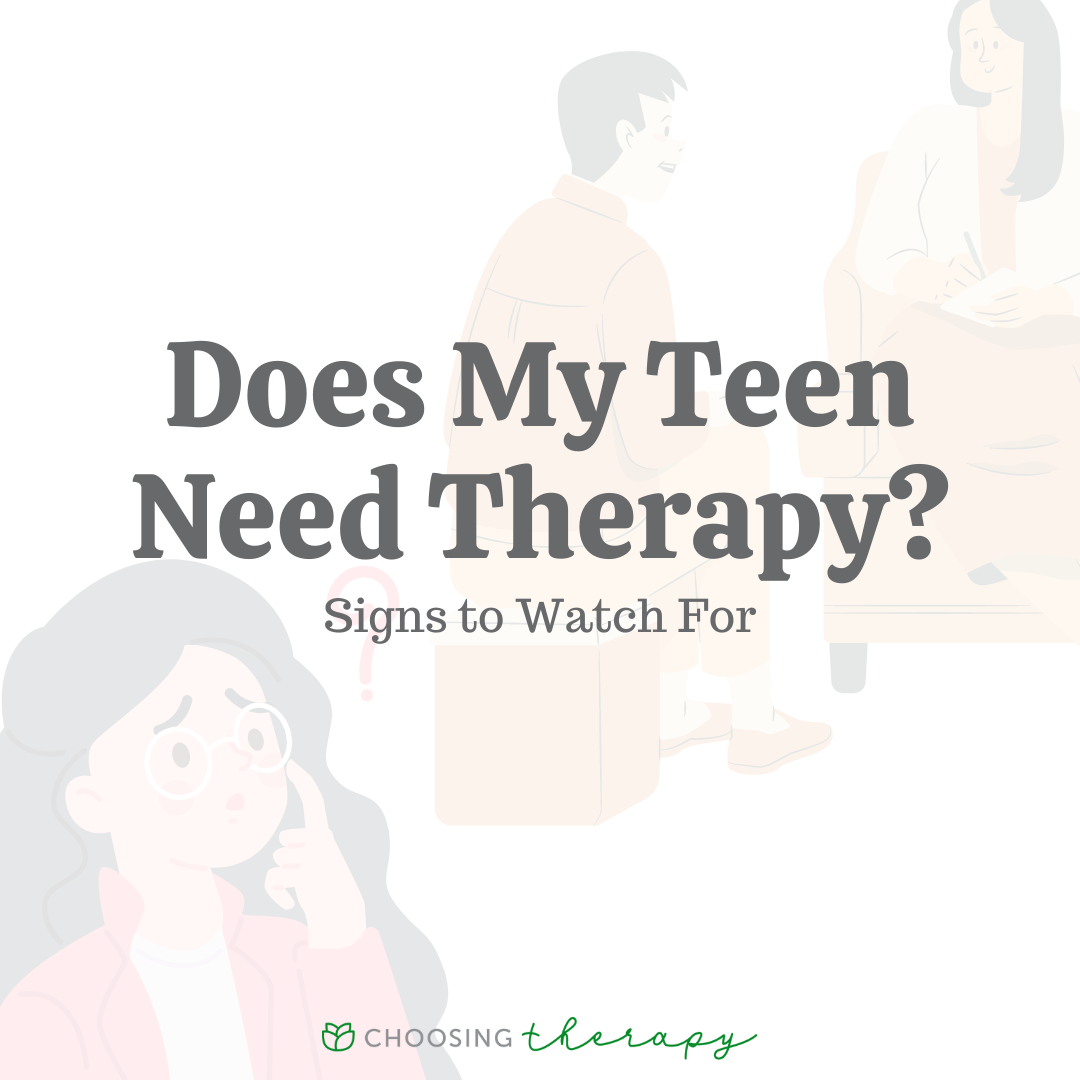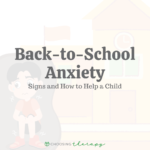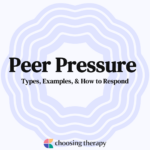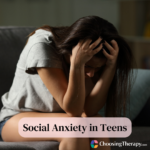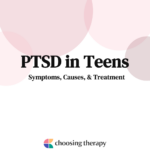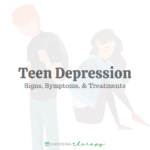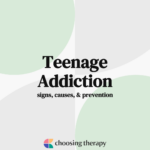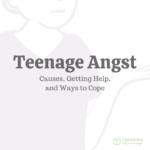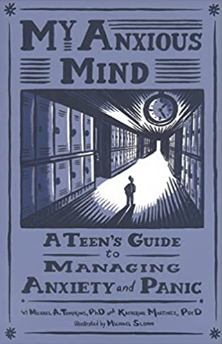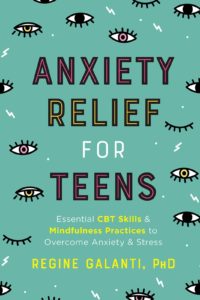
Teen Mental Health Resources & Articles
The frequency of reported teen mental health issues has been steadily increasing over the years. Both teens and parents should feel equipped with the knowledge and resources needed to help combat this phenomenon. Whether you’re a teen or a parent, below you’ll find a host of resources and articles that can help teens get the help they need.
Featured Teen Articles
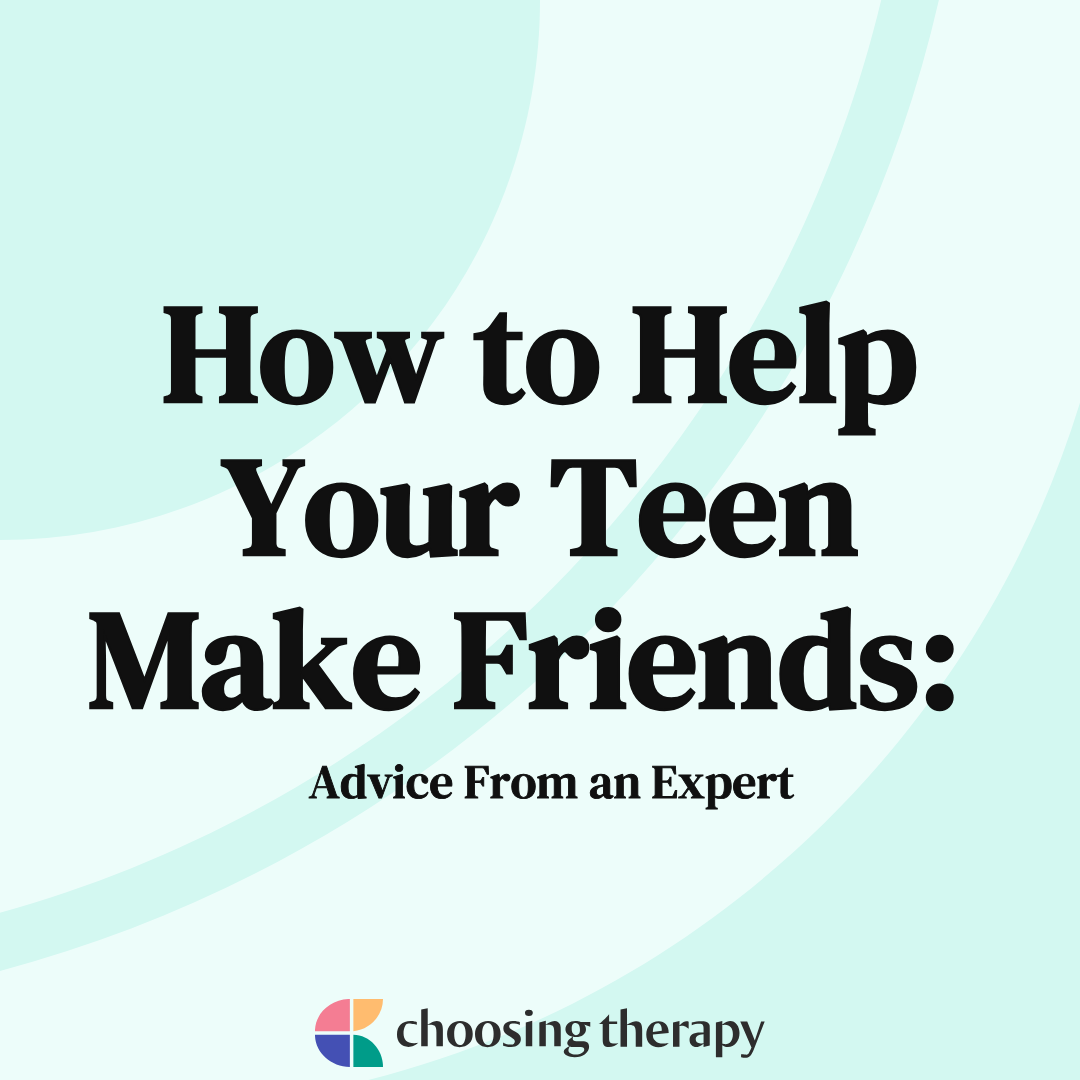
How to Help Your Teen Make Friends: Advice From an Expert
Parents can help teens make friends by teaching them effective communication and helping them sharpen their social skills.
by: Jennifer Lytle, LMFT
Hypnosis For Kids & Teens: How It Works, Examples, & Effectiveness
While hypnosis is recognized as an effective treatment for adults, recent studies have shown that hypnosis and hypnotherapy for children, teens, and young adults may also be beneficial. Hypnosis for kids may help alleviate anxiety symptoms, chronic pain, or other mental health concerns.
by: Chris Lemig, CHTResources for Parents of Teens

Mental Health Resources for Teens

Specific Mental Health Issues in Teens
Types of Therapy for Teens
CBT explores how our preconceived notions and environment shape our thoughts, emotions, and behaviors. The goal of CBT is to help teens learn to recognize irrational thought patterns that lead to negative behavioral outcomes to construct new, healthy alternatives.
DBT teaches teens skills to help them cope with challenges, including mindfulness, distress tolerance, emotional regulation, and interpersonal effectiveness.
ACT focuses on embracing distressful emotions, experiences, or thoughts while creating healthy changes.

Other Issues Teens Face
Teenage Addiction: Signs, Causes, & Prevention
by: Mary Swims, LCSWRead More About Teens & Adolescents

